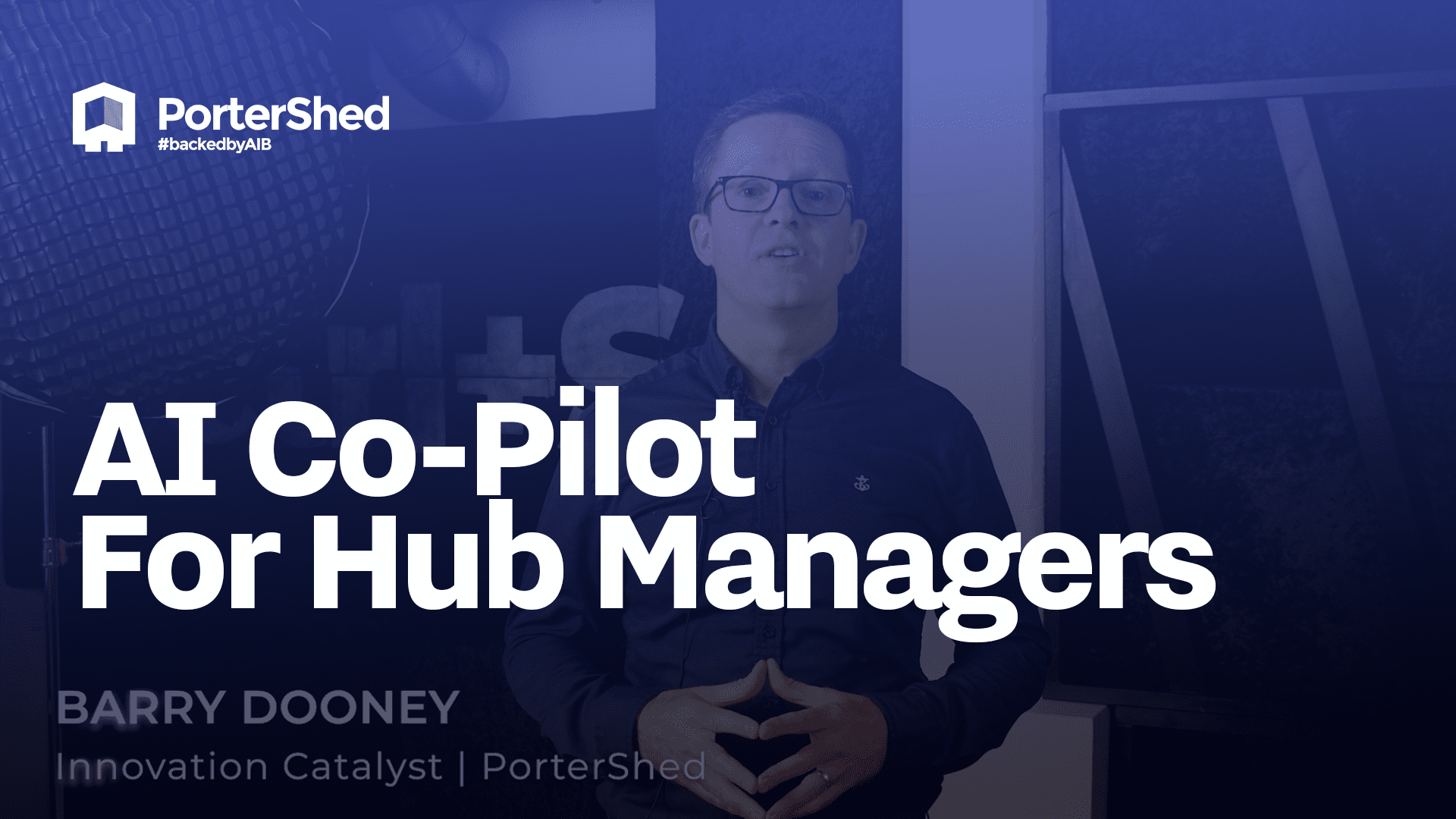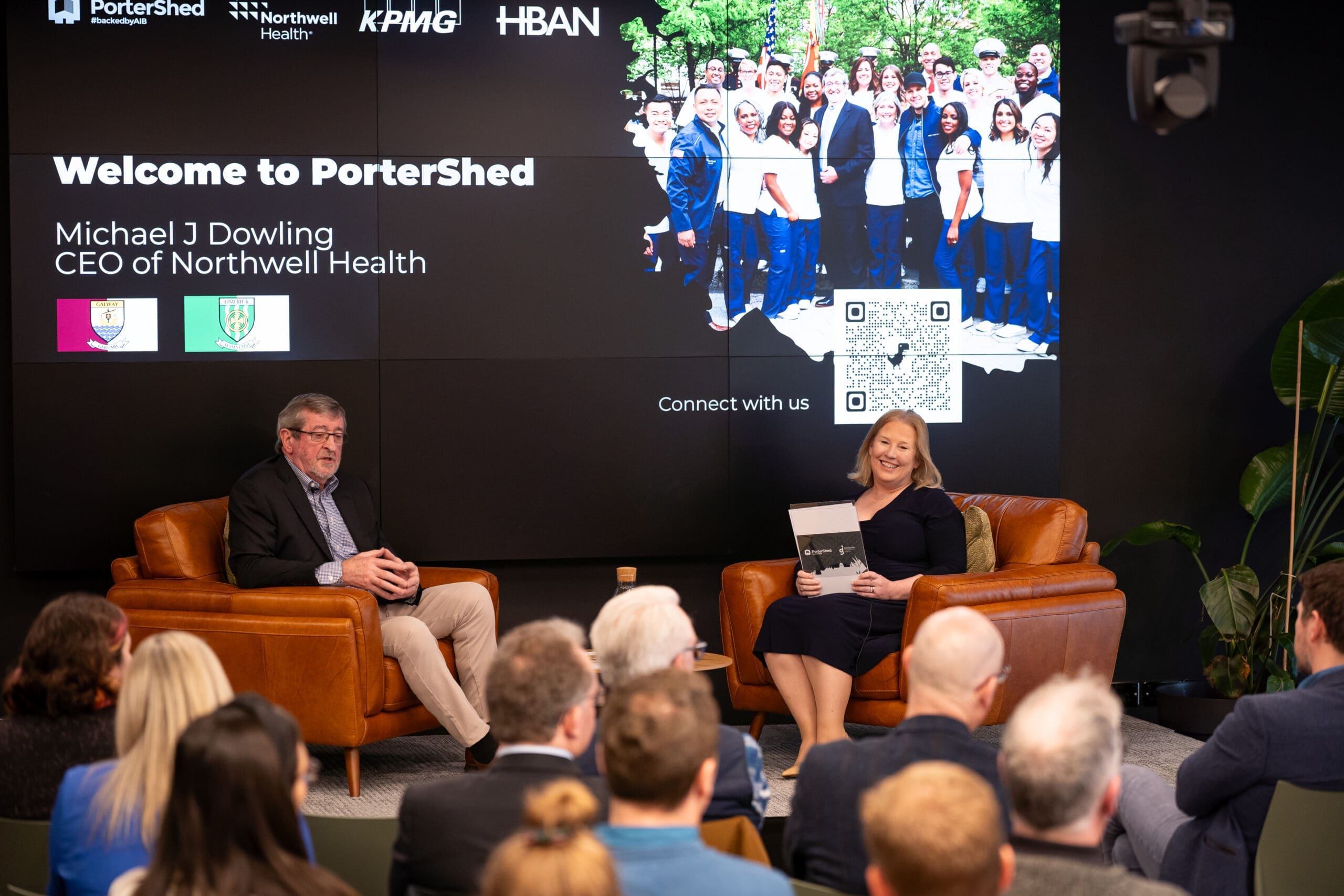A View from the Fridge
Money
I’ve been doing a lot of thinking (and talking) about money. It’s still the #1 subject that motivates companies to seek my help. As a result, I read lots of term sheets (as I’ve reported in the past) that offer key insights into the quality of investors. And these term sheets usually open the door to lots of other issues for us to discuss. Issues that a startup should have considered before engaging the monied classes.
Angel and venture investing are pretty battle-tested products based in fairly simple economics. Forget about complicated algorithms (even though some funds are now using AI to select investments) and Monte Carlo analyses.
Investment is a means to an end. For the investor, it’s a payoff that meets or exceeds a risk-adjusted return. The investor understands that. The end for the founder of a seed or A-round business is usually less clear. Founders usually talk about having some money to begin paying staff, to complete a prototype, or initiate more software development.
The view is narrow and one-sided. Even at this early stage, you have to step back and take a broader view. In the immortal words of Steve Covey, begin with the end in mind. Your investors do, and so should you.
And the end for a startup? How to get your company to realize its true worth. Which means a hard-headed estimate of how much of the market you can reasonably cadge (with comparables to buttress your claims). In how long? Is it a sticky business? How long can you keep a customer? How many value-added services or products can you offer?
And this angel or VC money, how far will it get you? What are your goals for the use of funds (specific milestones for when you next have to go to the well, which will be sooner than you think. Figure six months before you have to begin planning for the next round). How will this money get you closer to your goal? And how much money will you need in the next round to get another eighteen months closer? And after that?
Bottom line: you need to be as smart about your business as the money is about theirs. Because it’s not just money, it’s a contract. Offer and acceptance, a binding document. And yes, the money is receiving equity, which at this point is an intangible asset. For them it’s a lottery ticket, ideally with better odds. But it’s your bond – your promise to deliver progress toward a goal. Progress that will reflect in a rise in value when you next go into the market. Progress that will attract customers and new investors.
That’s what the money is buying. Your promise, your sweat, your progress toward the end in mind.
So before you start looking at term sheets, make sure you understand the endgame. Which means understanding your market, your product development path, your sales and marketing strategy, your marketing, your distribution and customer service plans and a dozen other things. And realize that they must be measured by guideposts along the way – a timeline that aligns with funding and takes into account stumbles and setbacks. That tells an increasingly rich – and rewarding – story. With, ideally, a happy ending.
Remember, you don’t have to be a financial expert, but you have to understand the game when you sit down at the table.


Bob Rosenberg
Educator (Associate Professor) / Entrepreneur / Leader of angel
communities /Entrepreneur in residence at PorterShed
and BioExcel Rarosenberg@gmail.com
Happy to discuss. Let me know what you think.
Be well.


